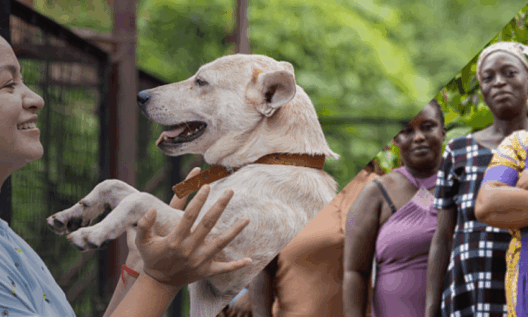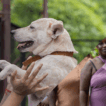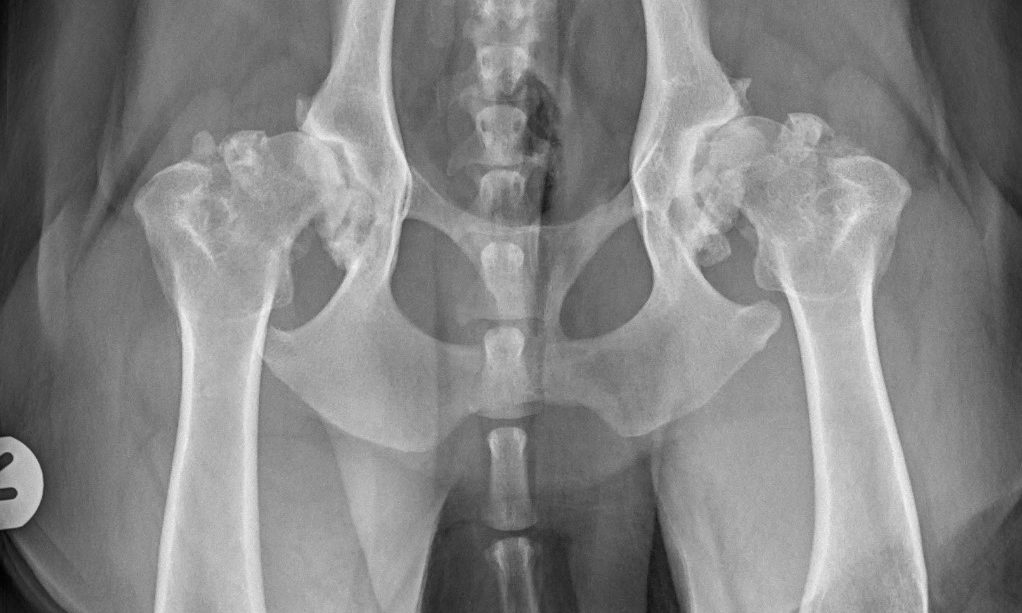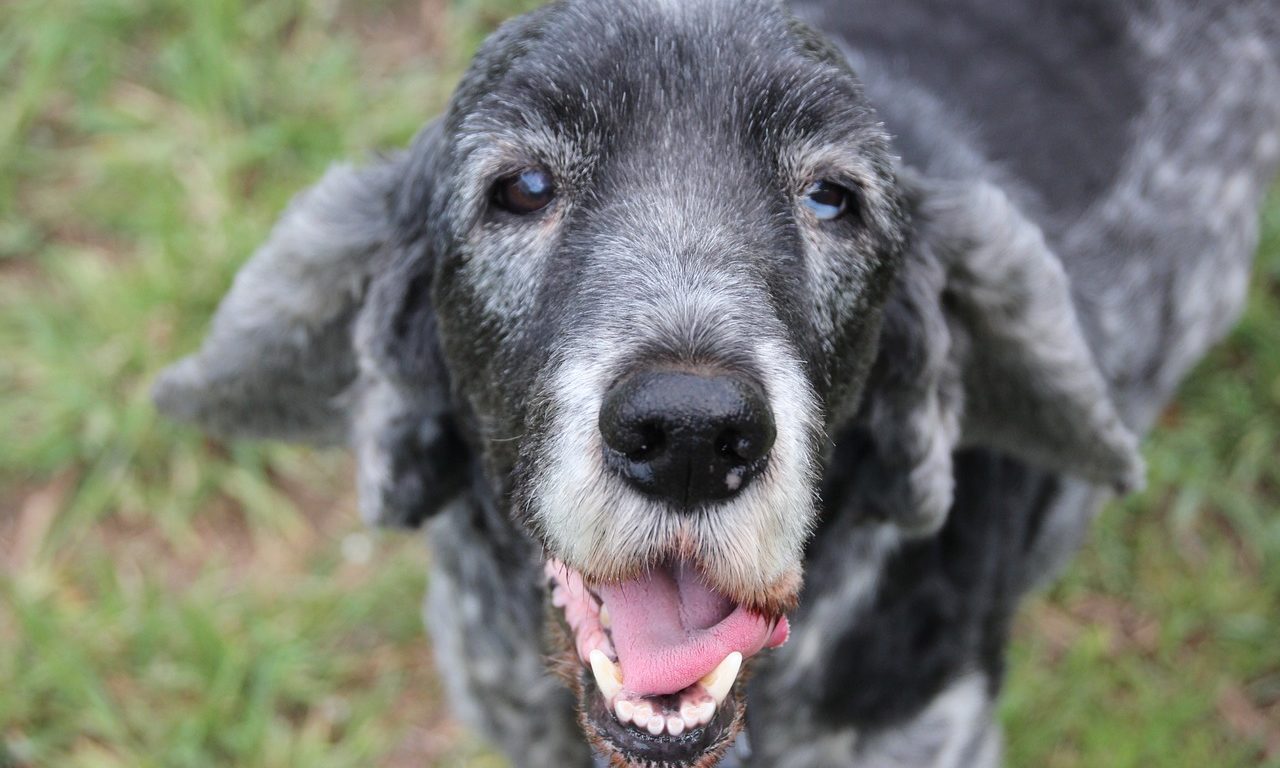Register to get 2 free articles
Reveal the article below by registering for our email newsletter.
Want unlimited access? View Plans
Already have an account? Sign in
Rottweilers are the most predisposed dog breed to suffer from osteoarthritis according to new research from the Royal Veterinary College (RVC).
Osteoarthritis is the most common joint disease diagnosed in dogs, and this study is the largest ever conducted into the condition in dogs under veterinary care – covering 455,557 dogs.
The study found that:
- Rottweilers are the breed most prone to osteoarthritis, with the Old English Sheepdog and Dogue de Bordeaux also being very prone to the condition.
- The large population of Labrador Retrievers in the UK makes them the most commonly treated breed for osteoarthritis in the UK.
- 2.5 percent of dogs involved in the study had osteoarthritis (which would equate to a total of around 200,000 dogs in the UK).
- Dogs that were above average weight for their breed were nearly 2.3 times more likely to be diagnosed with the condition.
- Males dogs were 1.2 times more likely to have osteoarthritis than female dogs.
- For treatments: Weight loss was recommended in 25.5 percent of cases, exercise restriction was advised in 18.8 percent of cases and in 4.8 percent of cases the dogs underwent surgery following the condition.
Osteoarthritis poses considerable challenges to the welfare of dogs. The condition is progressive and leads to impaired joint function as well as pain, and particularly affects ageing dogs.
On average, dogs receive their first diagnosis by the age of 10.5 years. Of the dogs who are diagnosed with osteoarthritis, 75 percent of cases are recommended to remain on medication as a form of pain relief. It is hoped that this research will improve diagnosis times, which will enable dogs suffering from osteoarthritis to be treated faster.
VetCompass is a new technology made by the RVC, which analyses the veterinary records of 10 million animals from 1,000 veterinary practices in the UK and is now the world’s largest research database of anonymised clinical records. The RVC uses this technology to analyse the disorders and to improve the welfare of companion animals.
Dr Dan O’Neill, RVC senior lecturer and co-author said: “Breed predisposition to disease is now recognised as one of the biggest problems facing dogs. Studies of huge populations, such as this one, are giving us vital insights into breed-related health problems in dogs that would have been impossible before VetCompass. This study has enabled us to positively support changes in dog welfare.”




















